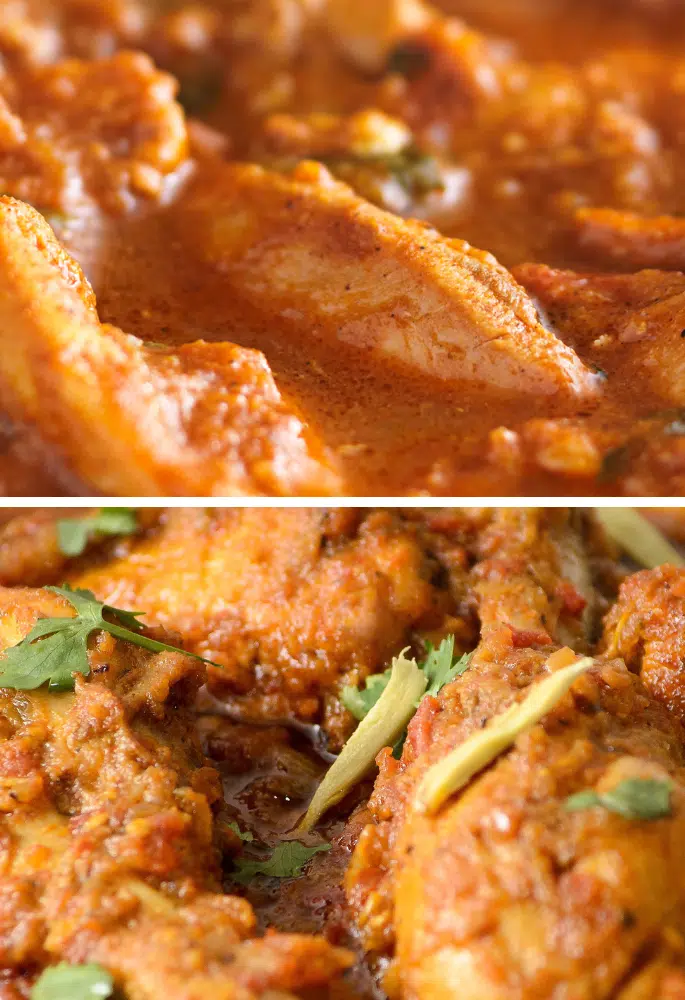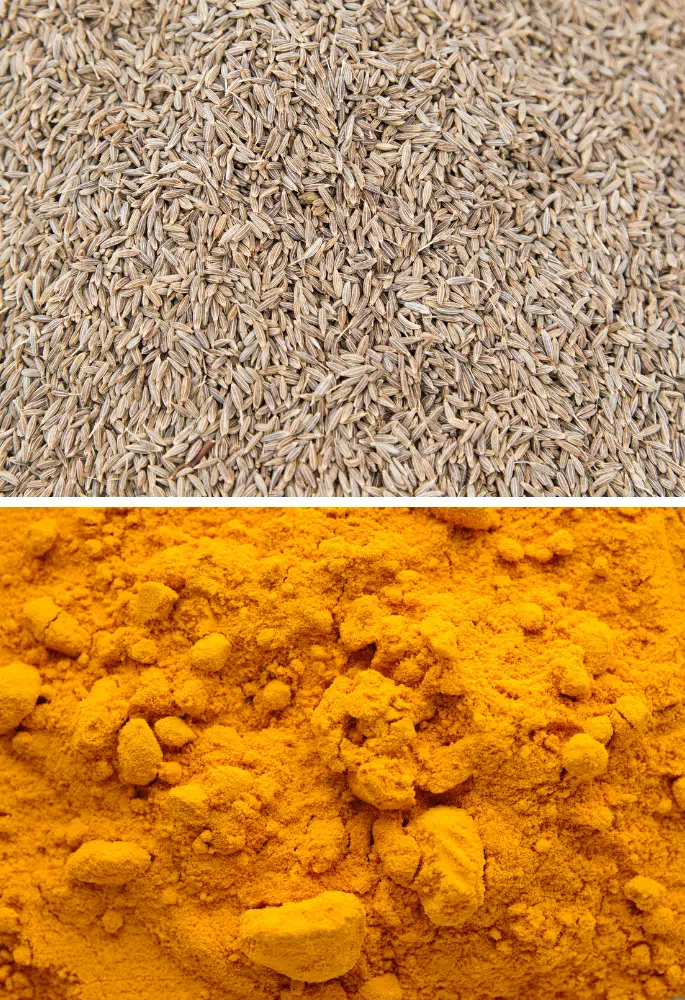Those more familiar with Western cuisine probably haven’t heard of unique Asian ingredients, such as eel sauce, until they appear in a recipe.
Though there are some key Asian cuisine ingredients, like oyster sauce, that are far better known in the West, even being adapted into some Western recipes. But how different are the two ingredients really? And is it time to switch out oyster sauce for eel sauce in your daily cooking?
Though eel sauce and oyster sauce have similar flavour notes, the sweetness and saltiness of eel sauce is considerably more impactful and prominent than oyster sauce, affecting how it can be used.
What is Eel Sauce?
In Japan, eel sauce is better known as unagi no Tare sauce, but if you were to go to a Japanese restaurant in America or the UK, then it would be called eel sauce.
The sauce’s name comes from both its traditional uses and preparation method.
You can make eel sauce at home with a few simple ingredients. However, authentic Japanese eel sauce used in Japanese restaurants for centuries is made with leftover eel bones and heads to create a more complex sauce.
It can be hard to get eel outside of Japan which is why there are cheat recipes for making eel sauce that use brown sugar, mirin, sake, and soy sauce.
The result is a wonderfully thick sauce that can be used as a glaze when grilling fish or meat.
Eel sauce is traditionally used for grilling eel but its super sweet-salty balance can pair well with a range of dishes.
What is Oyster Sauce?
One ingredient that can stand up to the popularity of soy sauce in Chinese cuisine is oyster sauce.
It is named for its traditional base ingredient of boiled oyster juices which doesn’t sound the most appealing but delivers a complex umami-earthiness without tasting of fish in any way.
From the boiled oyster juice, a salt and sugar mixture is typically added to make the umami taste more palatable.
Though depending on who is making the sauce and how long it is cooked for, a soy sauce and cornstarch mixture may be used instead with a sprinkle of sugar. So long as the oyster sauce is predominantly earthy with a hint of sweetness, it will still work well in stir-fries and as a finishing sauce.
Another critical aspect of oyster sauce is its extremely thick consistency. It is thick enough to act as a glaze or sauce for meat, sticking to it like syrup.
Similarities Between Eel Sauce and Oyster Sauce
There are a surprising number of similarities between eel sauce and oyster sauce that do not seem obvious unless you have hands-on experience with the sauces. Only then would you notice these similarities:
Texture
It is important for both eel sauce and oyster sauce to be rich and thick as they need to be able to coat and stick to meat while it is cooked.
Otherwise, the sauces will melt off and you won’t be able to taste them on the meat at all.
Traditionally Not Diet-Friendly
Like their names imply, neither oyster sauce or eel sauce are traditionally safe for vegans or vegetarians as they are typically made using eel bones or oyster juice.
Of course, there will be brands that make vegetarian or vegan friendly varieties of the sauce, but traditional eel and oyster sauce are not suitable for certain diets.
Lack Of Fishy Taste
It may seem odd, given their name and sauce ingredients but neither eel sauce or oyster sauce have a particularly fishy taste or smell.
Eels tend to have less of a fishy taste than most seafood anyway, as do oysters, which is clear in the lack of fishy taste in the respective sauces.
Differences Between Eel Sauce and Oyster Sauce
From first impressions, you may think that eel sauce and oyster sauce have enough similarities to make them interchangeable. However, there are a few more key characteristics to consider that separate the two sauces:
Cuisine Of Origin
You will rarely find oyster sauce and eel sauce used together as they originate from different countries and are still used in different cuisines.
Eel sauce hails from Japan’s traditional eel restaurants, while oyster sauce is a classic Chinese cuisine.
Sweet-Salty Mildness
A defining characteristic of eel sauce is its abundance of sweetness even when compared to other sweeter Japanese sauces.
This sweetness is balanced out with just as much saltiness which can make for quite an intense flavoured sauce. Oyster sauce has a much tamer flavour despite also having a salty-sweet balance.
Traditional Uses
Eel sauce was not just named for its source ingredient but also its traditional use in Japanese culture.
It has been used for centuries to coat eel before it is grilled or to accompany eel sushi rolls.
Oyster sauce has had a much more varied history. It is usually used in stir-fry sauces to add depth to the sauce, but it can also be used as a meat coating or finishing sauce for rice and vegetables.

Popularity
Probably due to its more varied intended uses, oyster sauce is much more accessible and well known in the West and outside of China. Eel sauce has yet to gain the same popularity despite being just as, if not more, tasteful.
Eel Sauce vs Oyster Sauce: Which Wins?
If you use both of these sauces in your cooking but are told you can only use one from now on, which are you voting for when we put eel sauce vs oyster sauce:
Do You Prefer Eel Sauce or Oyster Sauce?
Eel Sauce and Oyster Sauce FAQs
If you have further questions about eel and oyster sauces, these common queries might be of interest:
Some compare oyster sauce to a typical barbecue sauce because of its salty sweetness which is more complex than it seems. However, using oyster sauce by itself will not be enough to directly replace a barbecue sauce entirely.
Yes, generally oyster sauce has a sweetness to it but the level of sweetness differs between brands of oyster sauce.
Sources
Where we obtain our information and verify the facts in this article:
All Recipes
Eel sauce recipe
The Spruce Eats
What is oyster sauce
Acacia may be a freelance writer by day, but they are a food fanatic by night. They are always trying out new recipes or finding different ways to elevate classical dishes. But their biggest culinary aim is to educate others on the basics of the kitchen so that they too can enjoy delicious food.











